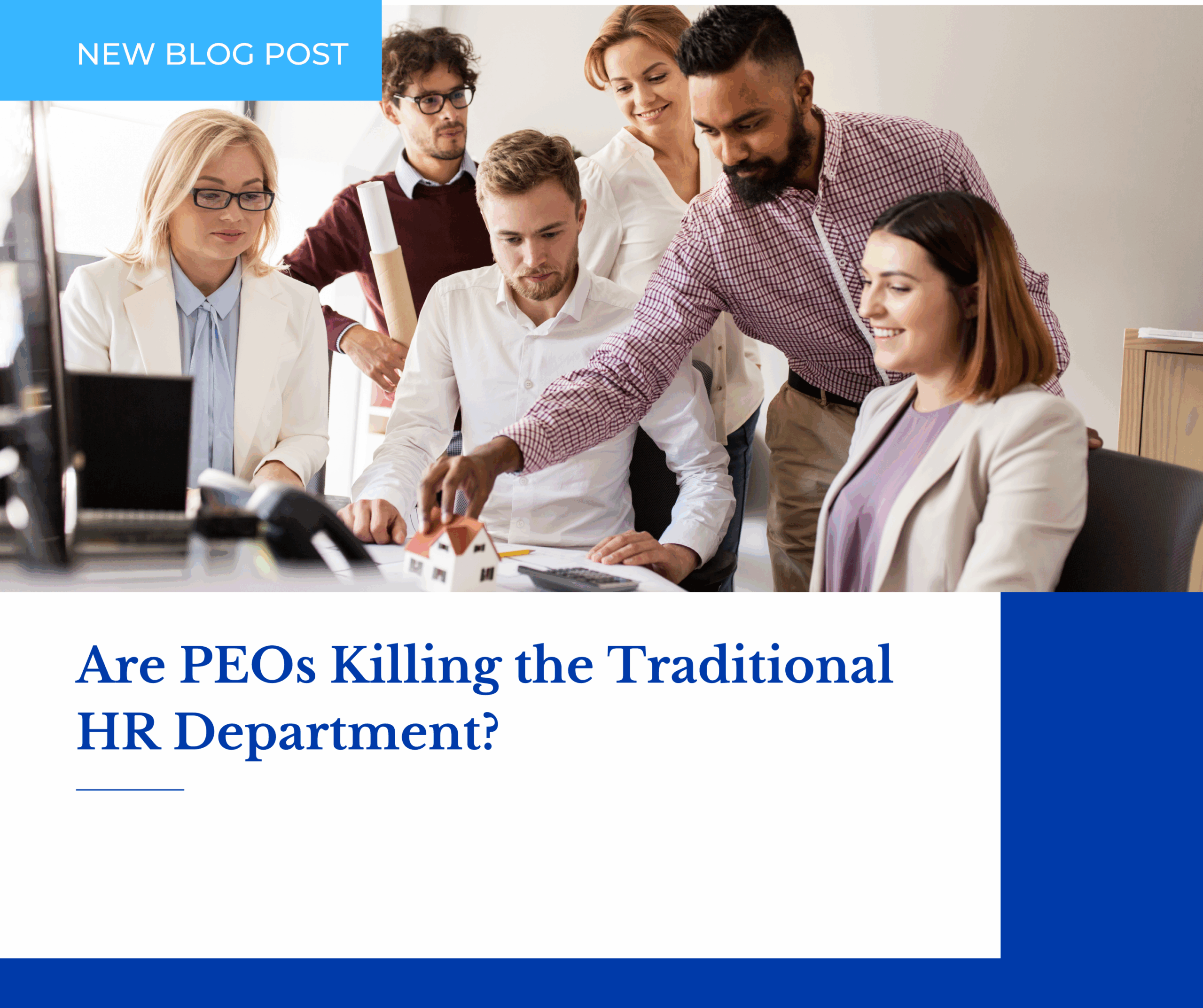For decades, the Human Resources department was the “beating heart” of an organization, handling recruitment, payroll, compliance, grievances, and corporate culture. But with the rise of Professional Employer Organizations (PEOs), many executives are now questioning if that same HR department is slowly becoming obsolete. After all, why fund an expensive in-house team when you can outsource the function to a “plug-and-play” service provider? While this sounds efficient on paper, it has sparked controversy among HR professionals and business leaders. Some believe PEOs are the future, others argue they’re dismantling a critical business function under the guise of “cost efficiency.”
1. HR as a Redundant Luxury in the Age of PEOs
Traditional HR departments have always been resource intensive. Companies often hired HR managers, recruiters, payroll specialists, benefits administrators, and compliance officers. Each role carried salaries, benefits, and ongoing training costs. Enter PEOs, which advertise themselves as an all-in-one replacement, promising payroll, benefits, compliance, and even employee handbooks at a fraction of the cost. It’s hard for any CFO not to ask, “Why are we paying for an entire HR department again?” The harsh reality is that HR is starting to look like that landline phone in your living room: still functional, but unnecessary because everyone’s already switched to mobile.
2. The “Strategic Partner” Argument That’s Wearing Thin
HR professionals often claim that their role is “strategic,” guiding culture, aligning talent with business goals, and managing employee relations. But when a PEO comes in and offers standardized compliance support, pre-built policies, and scalable benefits packages, CEOs start questioning how much of that “strategy” was really just
paperwork. The irony? Many in-house HR teams now spend more time defending their existence than executing strategy. PEOs are essentially calling HR’s bluff: if all you’re doing is compliance and onboarding, why not outsource it to someone who can do it faster and cheaper?
3. Employee Experience Is Becoming Less “Human”
The greatest irony of all: outsourcing HR often means employees are no longer speaking to “Human Resources” at all, they’re speaking to a call center or third-party reps who don’t understand the company culture. Need help with benefits? Call the PEO hotline. Payroll issue? Submit a ticket. Want to discuss grievances? Fill out an online form. For employees, this makes HR feel less like a trusted advisor and more like dealing with a telecom provider. Sarcastically put, the “human” in Human Resources is being replaced by “hold music” and chatbot replies.
4. The HR Department’s Last Stand: Culture and Advocacy
Despite the rise of PEOs, there’s still one area where in-house HR holds power, culture and advocacy. A PEO can process payroll or manage compliance, but can it sense morale shifts in the office, mediate conflicts in real-time, or drive company-specific diversity initiatives? Not really. These require intimate knowledge of the business and a presence on the ground. Yet even here, some founders argue they can hire a single “People & Culture Manager” to cover what’s left, while the PEO handles everything else. In other words, HR departments aren’t fully dead yet, but they may soon be reduced to skeleton crews, with culture as their only remaining shield.
5. Is This the Inevitable “Uberization” of HR?
If we step back, what’s happening to HR mirrors what happened to other industries. Just as Uber reduced the need for traditional taxi fleets and Netflix killed Blockbuster, PEOs are unbundling HR and repackaging it as a streamlined service. This trend seems inevitable. The only real question is whether companies will regret losing the “human” touch once everything becomes transactional. In many ways, HR’s downfall isn’t just about cost, it’s about convenience. And in today’s business world, convenience often wins over tradition.
Conclusion
So, are PEOs killing the traditional HR department? The answer is yes, and no. They’re certainly shrinking it, reshaping it, and forcing companies to rethink what HR is supposed to be. But whether HR dies completely depends on whether organizations value the human side of workforce management or decide that efficiency is worth more than empathy. The uncomfortable truth? For many businesses, HR is already on life support, and PEOs are holding the plug.
References
- nces
- https://www.hrexecutive.com/are-peos-the-future-of-hr/
- https://www.shrm.org/resourcesandtools/hr-topics/organizational-and-employee-development/pages/what-is-a-peo.aspx
- https://www.inc.com/guides/2010/06/defining-a-peo.html
- https://www.nasdaq.com/articles/professional-employer-organizations-are-they-worth-it

